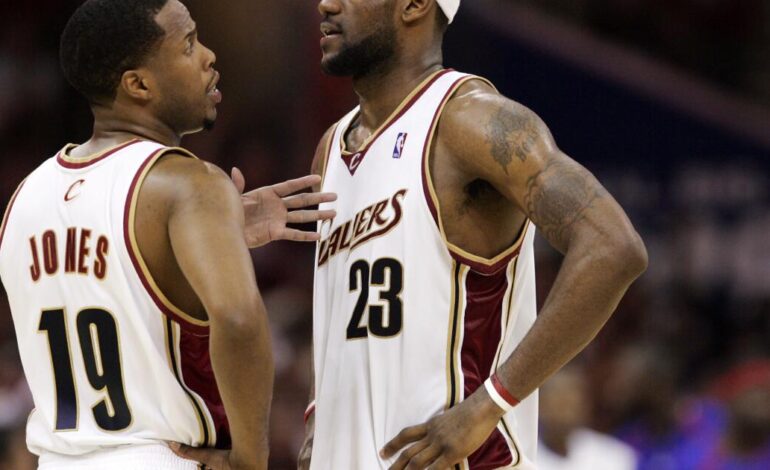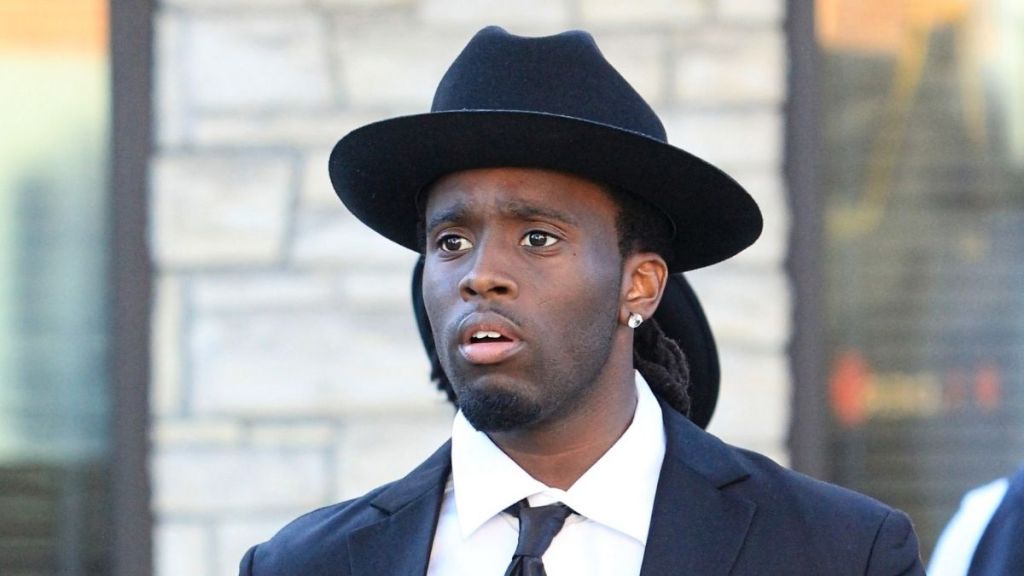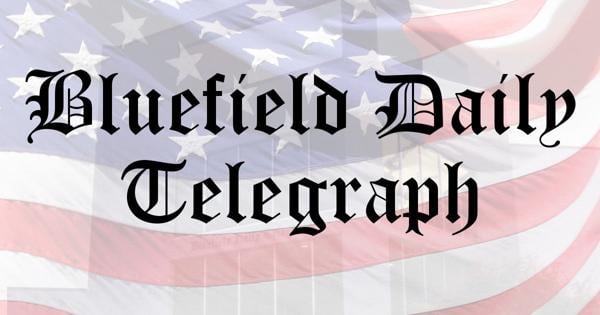NCAA Faces Backlash After New Gambling Rules Amid Scandal

The NCAA recently approved a controversial rule change allowing student athletes and athletic department staff to bet exclusively on professional sports. This decision comes in the wake of a significant FBI investigation that resulted in the arrests of over 30 individuals connected to a sophisticated sports gambling and betting scheme. The timing has raised alarms, especially given the serious implications of these developments for college athletics.
The indictment, filed by the U.S. District Court for the Eastern District of New York, outlines a gambling operation involving organized crime, including connections to four New York Mafia families and a current NBA player. The situation has become a public relations challenge for Adam Silver, the commissioner of the NBA, while serving as a stark warning to the NCAA about the potential risks associated with legalized sports betting.
The ruling from the NCAA follows a 2018 Supreme Court decision that led to the legalization of sports betting in over 35 states. Despite this trend, the NCAA must remain vigilant about the integrity of college sports. Historically, scandals such as the Black Sox incident in baseball and match-fixing in tennis highlight the vulnerabilities that come with gambling.
In the most recent indictment, authorities allege that the gambling scheme, which began in 2019, operated across 11 states and involved advanced technology to orchestrate cheating in poker games. The investigation uncovered that participants used hidden cameras and programmable card shuffling machines to defraud victims out of tens of millions of dollars. Notable figures implicated include Chauncey Billups, a Hall of Fame player and current head coach of the Portland Trail Blazers, and Terry Rozier, a player under a $100-million contract.
Concerns about the implications of the NCAA’s new rule are significant. With approximately 40,000 young athletes participating in NCAA basketball and about 8,000 coaches, the potential for conflicts of interest and ethical breaches is substantial. A recent study from UC San Diego indicated that internet searches for gambling addiction assistance rose by 23% following the legalization of sports betting.
While the NCAA’s new rule prohibits student athletes and coaches from betting on college sports, the potential for negative consequences remains. The International Tennis Federation reported that 40% of social media attacks on players stem from frustrated gamblers, indicating a troubling trend. Furthermore, a 2023 NCAA survey revealed that 14% of U.S. college students aged 18 to 22 gamble at least once a week, with another 16% reportedly using a bookie.
The decision to allow betting among athletes and staff raises critical questions about the ability of the NCAA to safeguard its student athletes. With evidence of college students using their student loan funds to place bets, the organization faces a daunting challenge in protecting young individuals from the dangers of gambling.
As the NCAA prepares to implement these new regulations on November 1, 2023, a reevaluation of the risks involved is essential. The potential for addiction and financial strain could derail the futures of young athletes just beginning their careers. In light of the recent scandal in professional basketball, the NCAA would be wise to reconsider its approach to gambling, ensuring that the integrity of college sports remains intact while prioritizing the well-being of its athletes.






